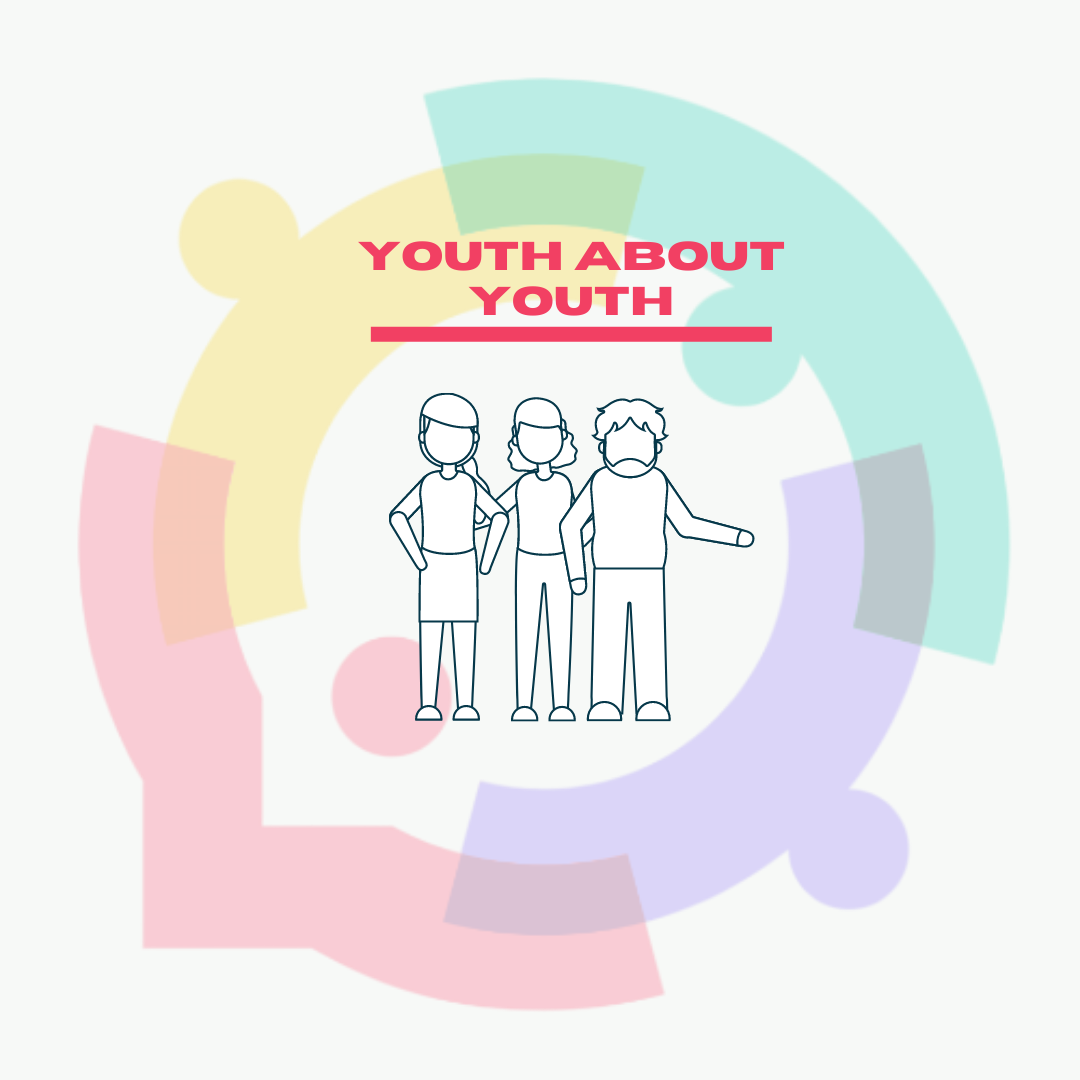Category: Blog Tags:
Every society should strive to provide enough opportunities for young people, so that they can progress, improve and stay in the same society. On the other hand, the voice of young people is not often heard in public. So, we talked to nine young people from different communities. Among them were civil activists, but also young people who actively participate in civil society programs. What challenges young people in Kosovo face; are they given enough opportunities, what are their messages?
"Some of the challenges that young people in Kosovo face are unemployment and the problem of visa liberalization, these challenges make it difficult for young people to function normally," said Milos Vucinic, 24, of Zubin Potok.
He believes that the Covid-19 pandemic has reduced the number of opportunities for young people, but adds:
"As far as opportunities for education and personal progress are concerned, there are enough of them that can be used. Most of these opportunities are related to the development of skills and competencies for career development, but due to the lack of work, young people cannot use these skills in practice."
Twenty-two-year-old Qendrim Kaçiku from South Mitrovica shares Miloš's opinion and states that freedom of movement is the biggest challenge for young people:
"The inability to travel without a visa and cope with the challenges of the application process makes it increasingly difficult for young people to pursue educational programs and explore other cultures that are key to a more open and prosperous society."
He believes that there are employment opportunities, but not so many, and the reason for that, he adds, lies in the fact that the minimum wage is very low.
According to 20-year-old Katarina Milic from Zvecan, the excess of free time is the biggest challenge for young people in the north of Kosovo.
"We are somehow limited, because there are no sports events, festivals or cultural events. Also, the number of educational workshops is low. When it comes to opportunities for non-formal education, there are some, but somehow the information that they exist does not reach everyone," she said.
She points out that there are opportunities, but that whether young people will use them depends on their desire for progress.
"I don't think everyone is ready to use them," she added.
Samra Emini, a 21-year-old from Leposavic, believes that the problems of young people are the same everywhere, and that it is a "myth" that people here face special problems.
"The lack of opportunities is the biggest challenge. I think that's how our creativity is limited. In such small environments, little is offered to young people from the social, entertainment and educational aspects. That is why it is important to make good use of the given possibilities. The chances for employment have been reduced and that is why many have decided to leave from here," she points out.
Twenty-five-year-old Dzenita Shabani from South Mitrovica believes that each generation has its own struggles, and that the pandemic has influenced people to struggle with issues in terms of work and economic situation:
"The last twenty years have been very difficult in terms of employment, however, now, with the new government, we have hope, as a new generation, that the structure of employment will change. If not now, that will change soon. We know that the composition of the parliament has changed in the past three years, so it is not easy to fix everything in one year."
Unemployment and education are the main problems of young people, believes Marija Stanojevic.
"That's why people often decide to go abroad. There are fewer and fewer people, especially the young, while mostly older generations are staying here. The problem is also in the sports spirit, where a lot of young people want to do sports but there are no opportunities. There are fewer and fewer cultural events that would gather young people in one place," she added.
"Working on projects that deal with the needs of young people has led me to understand the reality of most young people. Young people in Kosovo face many challenges such as opportunities for education, employment and freedom of movement. However, I would focus on employment and career orientation. There is a high unemployment rate in Kosovo that prevents all young people from finding employment and pursuing their careers based on their choices and talents. On the other hand, a large number of young people choose their studies based on the availability of work on the market," said 27-year-old Berna Xhemajli from South Mitrovica.
In terms of non-formal education, however, there are opportunities for young people, but:
"Young people in Kosovo do not have the opportunity to be part of the international community."
Young civil activists who not only participate in activities for young people but also design them - have an identical attitude.
"One of the biggest problems for young people is the lack of content and isolation in small communities, moving in the same circles of people without many opportunities to learn, or learn something new or meet new people. For slightly more mature young people, in addition to previous problems, there is also a weak economic situation and the inability to earn enough for a dignified life. These problems are leading to an increasingly noticeable departure of young people from here," explains Petar Djordjevic, president of the Young Active Gracanica.
Jelena Bulatovic of the Center for Minority Communities believes young Serbs are left out in terms of training and funding sources in Kosovo, but there are efforts to change that.
“The 2017 Human Rights Report in Kosovo, published by the US State Department and the Bureau of Democracy, Human Rights and Labor, shows that there are problems with the employment of minorities in Kosovo and recommends that minorities rely more on employment in the form of supporting their initiatives to create their own businesses. As a result, we have a lot of informality and companies that have no future in Kosovo. Unfortunately, the deterioration of the material and health life of young people in Kosovo was also due to the impact of the COVID-19 pandemic. Many young people lost their permanent jobs and were forced to face the worst economic collapse," Jelena explains.
She also believes that young people should focus on activities that they can perform independently, and at the same time generate income that will enable them to improve their financial situation.
And what would young people say to young people?
"Believe in yourself and your knowledge, because knowledge and effort always pay off," says Milos.
"Study, work hard, be patient," says Qendrim.
"Dedicate yourself to non-formal education, explore opportunities and examine the limits to which you can progress. Only in this way will you be able to see your possibilities," it is Katarina's message.
"Take every opportunity you have, take part in activities that will help you get out of your comfort zone," says Samra.
"Don't give up on your dreams. If you want to change something in society, participate in various educations through formal and non-formal education, and later show your acquired knowledge in practice," says Marija.
Jelena also points out:
"Be more optimistic and take every opportunity that comes your way."
"Keep doing what you love, follow your dreams and never stop doing it, show respect and help others for no particular reason, that's what makes you special, in your own way, and never change for someone else," says Dženita.
"Be more active and use the opportunities that come your way. At every event you can meet interesting people and make contact with them. If you can't list at least three useful things you did during the day, then it's really time to ask yourself if it's all just about the circumstances and the environment in which you live or is something up to you. It's easy to get up from the middle, you can't run away from yourself," Petar stated.
"Accept diversity and unite for common interests and challenges!" - concludes Berna.




